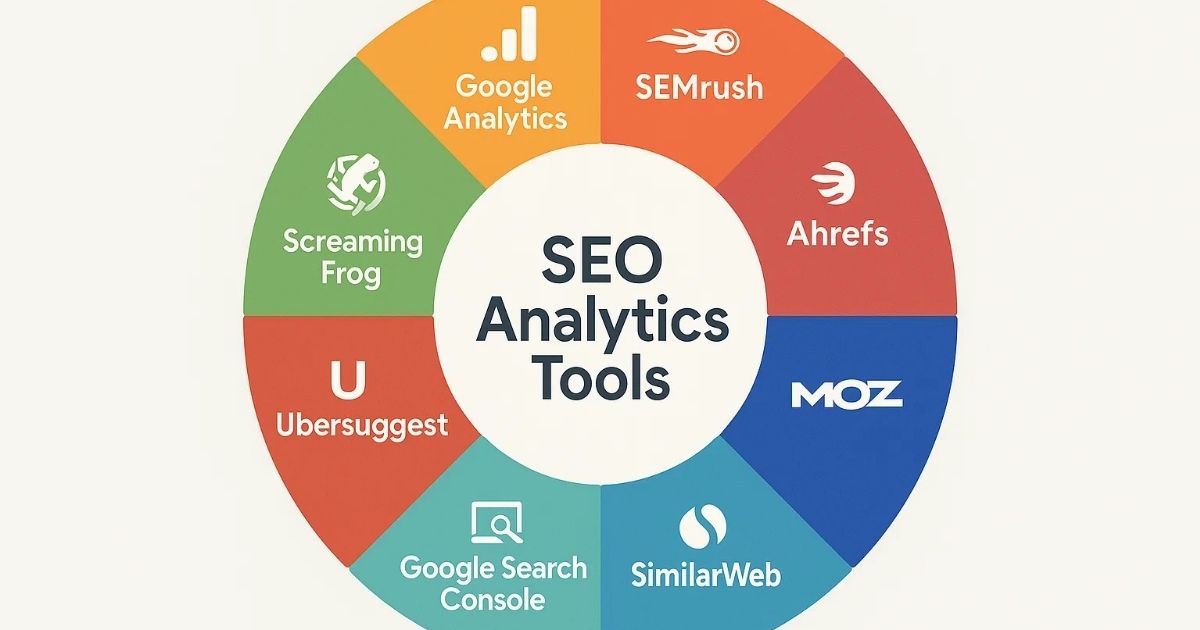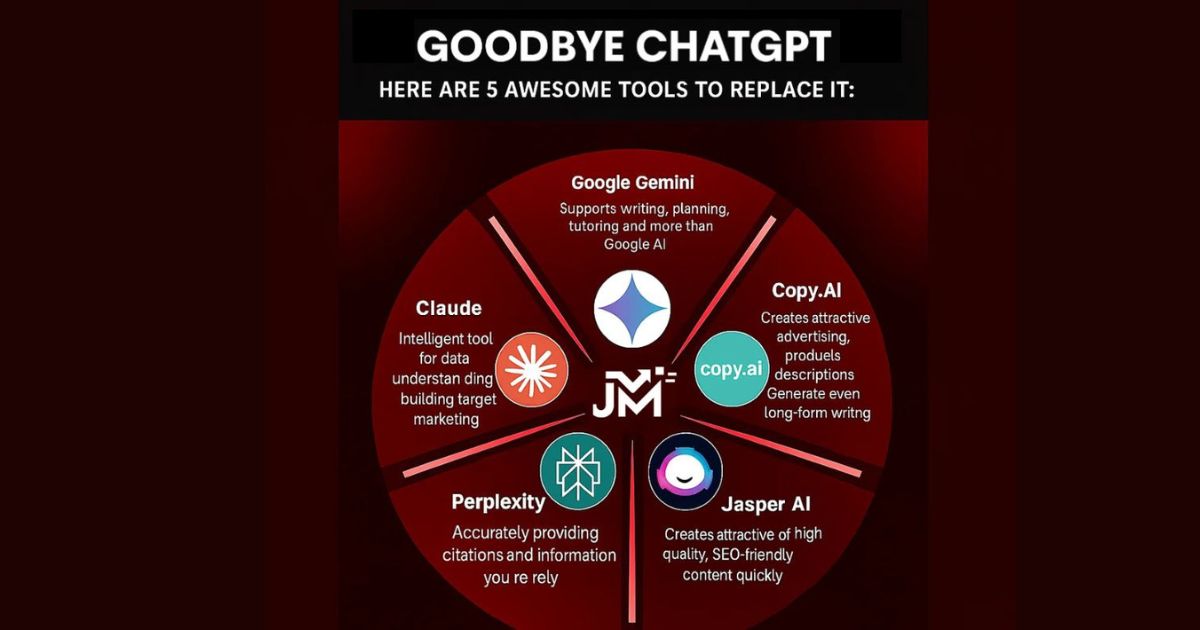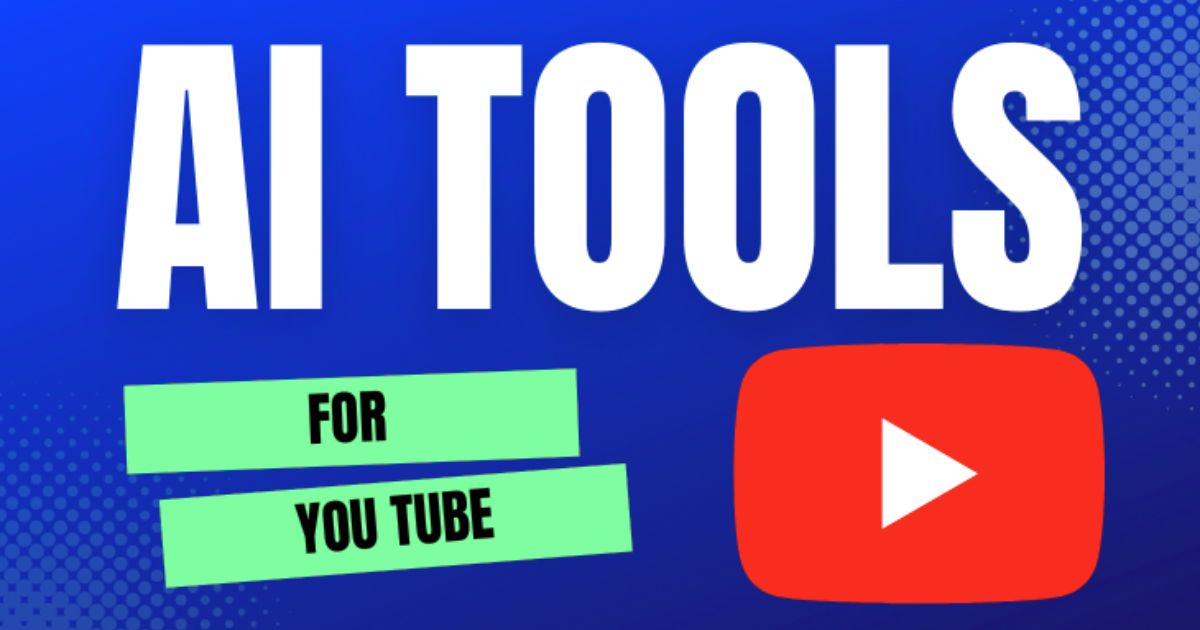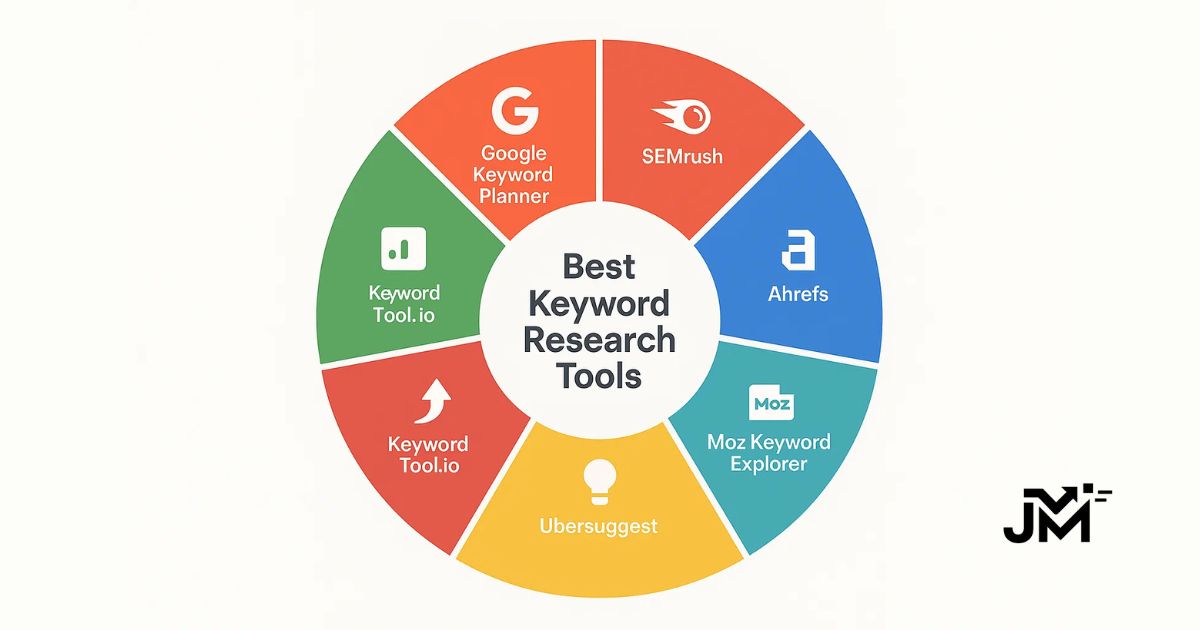Content marketing has evolved into one of the most powerful strategies for attracting, engaging, and converting customers. But creating and managing impactful content is not easy—it requires careful planning, execution, and constant optimization. Fortunately, there are dozens of content marketing tools that help marketers streamline their workflows, generate ideas, track performance, and maximize ROI.
In this article, we’ll explore fifteen of the best tools in 2025 that every marketer should consider. Whether you’re a freelancer, part of a growing startup, or managing campaigns for a large enterprise, these tools can give your strategy the competitive edge it needs.
Why Do You Need Content Marketing Tools?

In today’s digital landscape, content marketing is no longer just about publishing blog posts or sharing social media updates. Audiences expect personalized, data-driven, and value-packed content. Without the right tools, even the most creative team risks wasting time and missing opportunities.
Here’s what the best content marketing tools can help you achieve:
-
Save time through automation and streamlined processes.
-
Boost creativity with brainstorming and AI-powered content generation.
-
Track performance using analytics and reporting dashboards.
-
Improve collaboration across teams working on different content formats.
-
Maximize ROI by aligning content efforts with business goals.
1. HubSpot
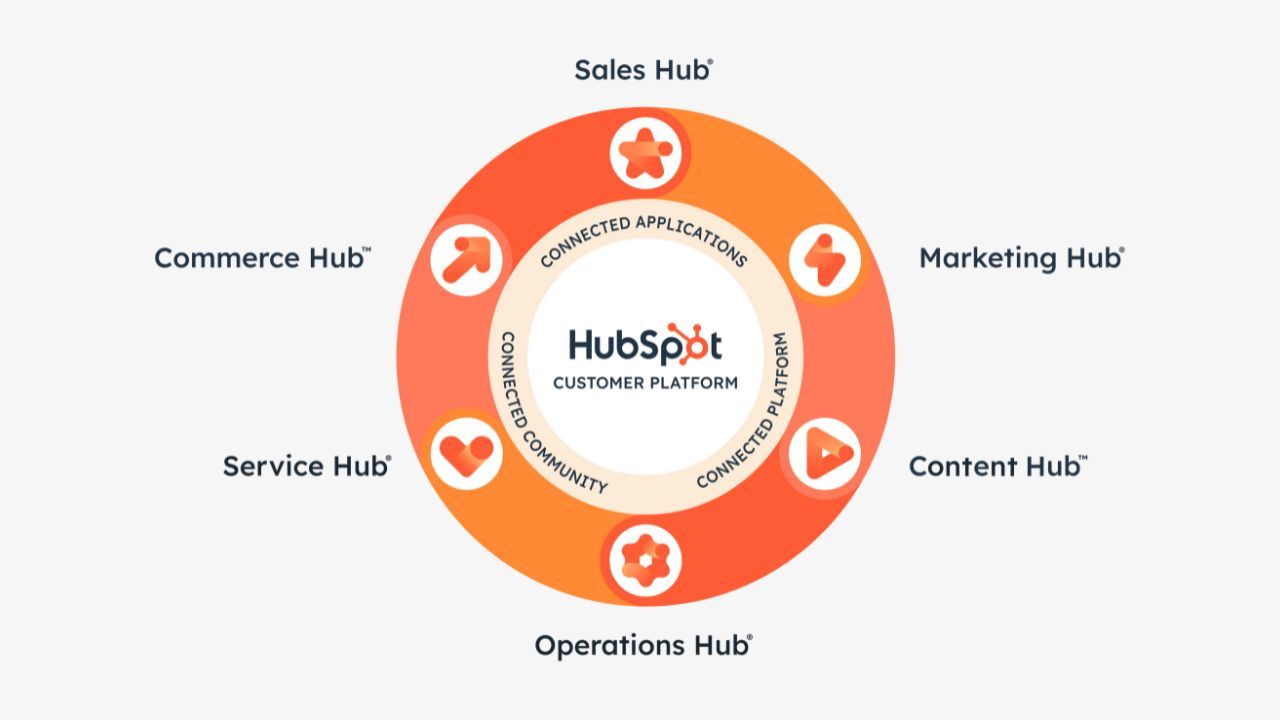
When it comes to all-in-one platforms, HubSpot remains a leader in 2025. It combines content creation, CRM, marketing automation, and analytics in one place.
For content marketers, HubSpot’s blogging platform, SEO recommendations, and social scheduling tools are particularly useful. The integrated analytics show exactly how content contributes to lead generation and sales, making it easier to justify ROI.
2. SEMrush Content Marketing Platform

While SEMrush is known for SEO, its Content Marketing Platform offers features tailored for content teams. It helps with topic research, content optimization, and performance tracking.
The SEO writing assistant gives real-time suggestions on readability, keyword usage, and tone of voice. Marketers also benefit from competitive content analysis, allowing them to see what’s working for rivals and adapt strategies accordingly.
3. Grammarly

No matter how brilliant your ideas are, poor grammar or awkward phrasing can ruin content. Grammarly has become indispensable for writers, offering advanced grammar checks, clarity improvements, and tone adjustments.
In 2025, Grammarly’s AI features even suggest rewrites to match audience expectations. This makes it one of the most valuable content marketing tools for ensuring professionalism and brand consistency.
4. Canva
Visual content remains essential, and Canva empowers even non-designers to create professional graphics, infographics, and presentations.
Marketers love Canva for its user-friendly interface, templates, and collaboration options. With AI-generated design suggestions introduced in 2025, creating social posts, ads, and visuals for blogs has never been easier.
5. BuzzSumo
When you need inspiration or want to analyze what content resonates, BuzzSumo is the go-to tool. It tracks trending topics, monitors competitors, and identifies top-performing articles in your niche.
The influencer discovery feature is also valuable—it helps brands connect with key voices to amplify content reach. For research and campaign planning, BuzzSumo is hard to beat.
6. Trello
Managing content production often requires coordination among multiple stakeholders. Trello provides a simple, visual project management solution.
With boards, lists, and cards, teams can plan content calendars, assign tasks, and track progress. Integrations with Google Drive, Slack, and other apps make Trello a versatile choice for content marketing workflows.
7. CoSchedule
CoSchedule is built specifically for marketing teams. Its marketing calendar helps plan and organize blog posts, emails, and social media campaigns.
The headline analyzer is especially popular, giving marketers data-driven feedback on word choice, emotional impact, and SEO optimization. In 2025, CoSchedule continues to help teams align their content with broader campaigns.
8. Google Analytics 4 (GA4)
No content strategy is complete without performance measurement, and Google Analytics 4 is the standard.
GA4 allows marketers to track engagement, traffic sources, conversions, and user journeys. The integration with Google Search Console makes it easier to connect keyword performance with content outcomes. For marketers aiming to prove ROI, GA4 is a must-have.
9. SurferSEO
SurferSEO bridges the gap between content creation and SEO optimization. It analyzes top-ranking pages and provides data-backed guidelines for structure, word count, keyword usage, and headings.
Writers love its content editor, which makes it easy to optimize articles in real time. For brands that rely heavily on organic traffic, SurferSEO is one of the best content marketing tools available.
10. Treendly
Staying ahead of trends is critical, and Treendly helps marketers spot emerging topics before they explode. It tracks search and social media data to highlight rising content opportunities.
By identifying trends early, marketers can create content that positions their brand as a thought leader. In 2025, tools like Treendly are invaluable for staying competitive.
11. Airtable
For teams managing complex content pipelines, Airtable provides a flexible database approach. It combines the simplicity of spreadsheets with advanced collaboration features.
Marketers can build custom workflows, track content production stages, and visualize calendars. Airtable’s adaptability makes it ideal for larger teams juggling multiple campaigns.
12. Hootsuite
Social distribution is a huge part of content marketing, and Hootsuite remains one of the best scheduling tools. It allows marketers to plan, publish, and monitor content across multiple platforms.
In addition to scheduling, Hootsuite provides analytics to measure engagement and reach. For teams managing large social campaigns, it’s a time-saving essential.
13. Notion
More than just a note-taking app, Notion has grown into a robust workspace for content marketers. Teams use it for brainstorming, knowledge management, and editorial planning.
The combination of documents, databases, and collaboration features makes Notion a flexible hub for creative teams. In 2025, its AI features further enhance productivity by suggesting outlines and summaries.
14. Clearscope
When optimizing content for SEO, Clearscope is a premium choice. It analyzes top-ranking pages and suggests relevant terms and phrases to improve relevance.
Many marketers consider Clearscope essential for producing long-form content that ranks well. It works seamlessly with Google Docs, making optimization an easy part of the writing process.
15. Asana
Finally, Asana is another excellent project management tool used by marketing teams. It offers task assignments, timeline views, and workflow automation.
Unlike Trello’s simple boards, Asana provides deeper features for larger teams needing structure and reporting. For complex campaigns, it ensures content gets delivered on time and aligned with overall strategy.
How to Choose the Right Content Marketing Tools
With so many options, choosing the best tools can feel overwhelming. Here’s how to simplify the decision:
-
Set your goals: Are you focused on SEO, social media, or content production efficiency?
-
Consider team size: Smaller teams may prefer simple tools like Trello, while larger teams need advanced options like Airtable or Asana.
-
Evaluate integrations: Choose platforms that work with your existing CRM, analytics, or design tools.
-
Balance cost and value: Free tools like Grammarly’s basic version are useful, but premium tools often deliver better long-term ROI
Final Thoughts
In 2025, content marketing is more data-driven, competitive, and creative than ever. Having the right content marketing tools can make the difference between a struggling strategy and a thriving one. From SEO optimization and analytics to collaboration and design, the fifteen tools listed above provide a comprehensive toolkit for marketers at every level.
By combining the right mix of these platforms, you’ll be able to streamline workflows, enhance creativity, and prove the ROI of your campaigns. The future of marketing belongs to those who not only create great content but also use the right tools to deliver it effectively.



